Argan Oil vs Coconut Oil for Hair: Which One Is Better for Your Hair?
If you’re like me, you’ve probably spent way too much time researching different types of oils for hair. I’ve tried almost every oil out there—argan oil, coconut oil, jojoba oil, castor oil, olive oil—you name it.
But no two oils are talked about more than argan oil vs coconut oil.
I’ve been using both oils for years, and I can tell you from experience that they serve completely different purposes.
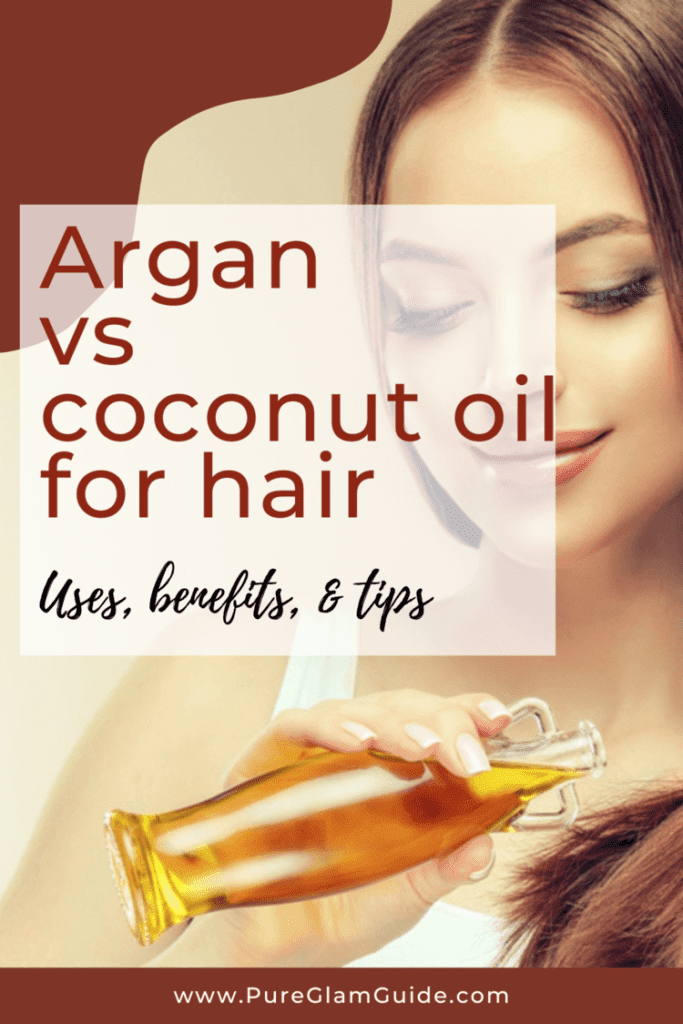
I have thick hair, and while I love how argan oil products add shine without weighing my hair down, coconut oil works wonders when I need a deep conditioning treatment.
But if I’m not careful with coconut oil, my hair ends up looking greasy and flat.
So, how do you know which one is the better choice for your hair type? That’s exactly what I’m going to break down.
What Is Argan Oil?

Argan oil, often called “liquid gold,” comes from the kernels of the argan tree in Morocco. It’s loaded with vitamin E, essential fatty acids, linoleic acid, and powerful antioxidant properties that help protect against UV rays and heat damage.
I first discovered pure argan oil when I was trying to grow out my hair after a disastrous bleach job.
My hair was brittle, my split ends were out of control, and I was desperate for something that wouldn’t make my hair greasy.
I started applying a small amount of argan oil to damp hair after washing, and within weeks, I noticed my hair cuticles felt smoother.
The Benefits of Argan Oil for Hair

If you struggle with frizzy hair, split ends, or styling damage, argan oil products can be a great option for restoring your hair health.
- Hydrates Without Greasiness – Unlike heavier oils, it absorbs quickly, which makes it ideal for fine hair and anyone who hates the feeling of oil in their hair.
- Tames Flyaways & Frizz – The best way to smooth frizzy hair without making it stiff or sticky.
- Heat Protection – Acts as a natural barrier against hot tools, which is why it’s often found in hair care products like serums and leave-in conditioners.
- Prevents Damage from Free Radicals – Protects hair from UV rays and environmental stressors that can weaken the hair shaft.
How I Use It for the Best Results

I apply pure argan oil to my wet hair, focusing on the ends.
I sometimes mix a drop with my hair serum for extra shine.
Before using heat styling tools, I run a small amount through my hair to prevent damage.
To learn how I use Hask argan oil step-by-step and read about my results, go here.
Argan Oil Is Best for:
What Is Coconut Oil?
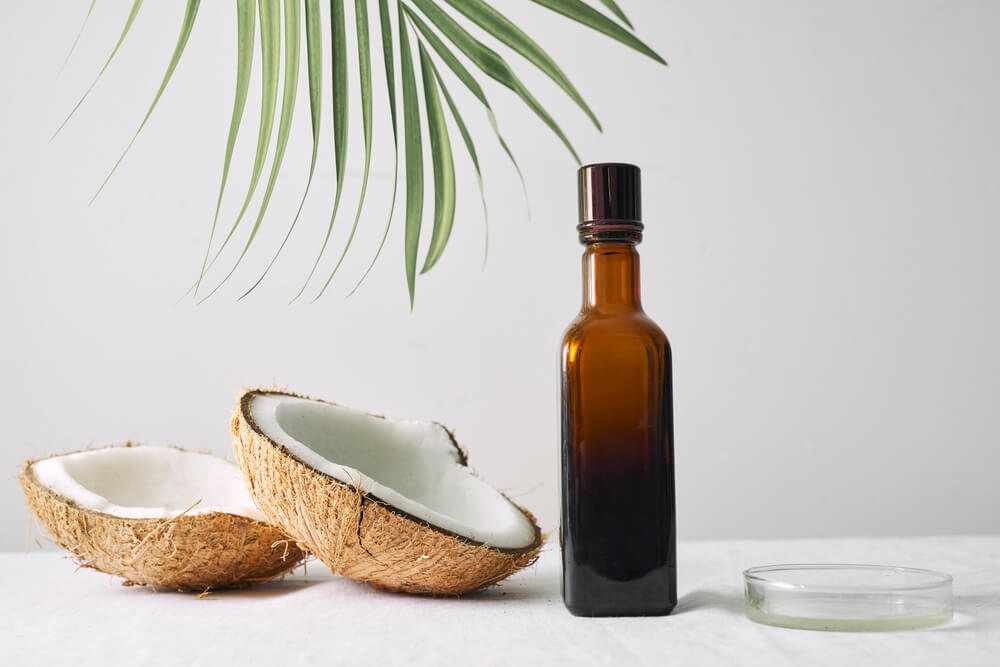
Coconut oil is extracted from the meat of mature coconuts, and it’s one of the most popular natural oils for deep hydration and repair.
It contains lauric acid, which allows it to penetrate deep into the hair shaft—unlike other oils that just sit on the surface.
The first time I used virgin coconut oil, I slathered it all over my hair and left it on overnight, thinking I’d wake up with silky, healthy hair.
Instead, I woke up with a greasy mess that took two washes to get out. That’s when I learned that coconut oil is best used as a hair mask—not as a daily oil.
The Benefits of Coconut Oil for Hair
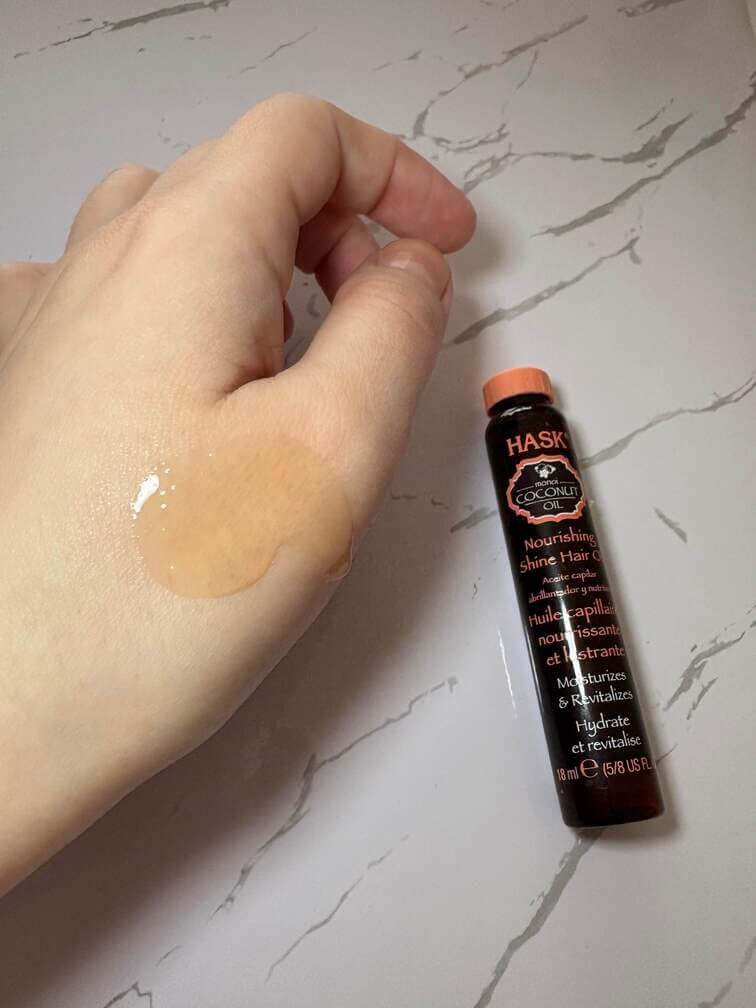
If your hair is brittle, extremely dry, or damaged from over-processing, coconut oil can help restore its health.
- Deep Conditioning Treatment – Penetrates the hair strands, making it one of the best natural oils for intense moisture.
- Strengthens Hair & Reduces Protein Loss – Protects the hair follicles, making hair less prone to breakage.
- Helps with Hair Growth – While it doesn’t magically make your hair grow, it keeps your scalp healthy, which encourages growth.
- Great for Scalp Health – The antifungal and antibacterial properties help prevent dandruff and fungal infections.
How I Use It for the Best Results
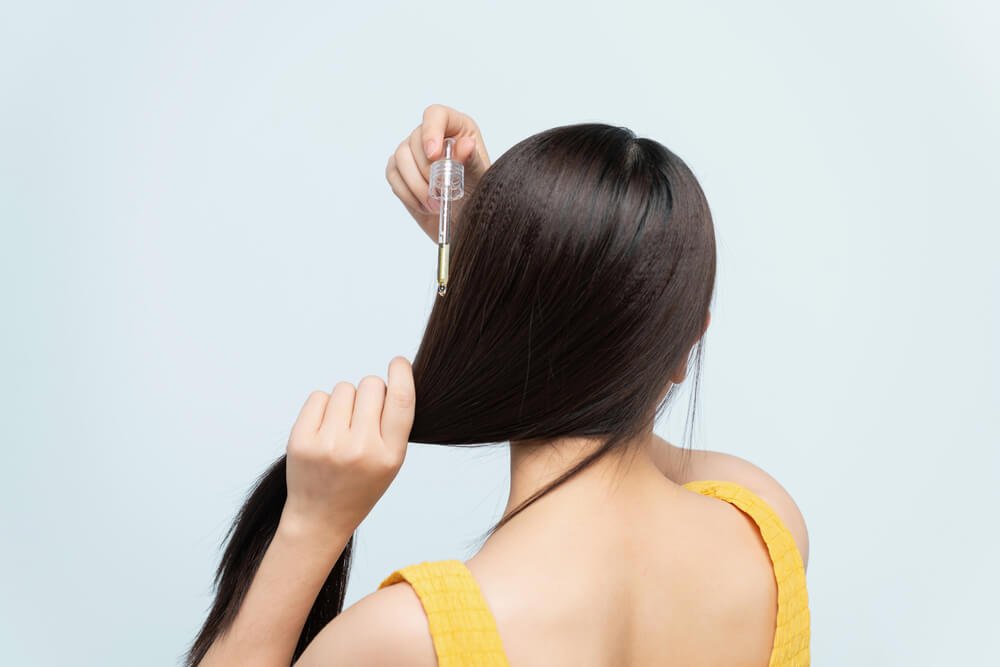
I apply a small amount to my wet hair before washing for extra moisture.
I also use coconut oil as a deep conditioning treatment. I warm it up and leave it on for about 30 minutes before rinsing.
I use it as a scalp treatment when my scalp feels dry.
Coconut Oil Is Best for:
Argan Oil vs. Coconut Oil: Key Differences
| Feature | Argan Oil | Coconut Oil |
|---|
| Best for | Frizzy hair, fine or color-treated hair | Brittle hair, damaged or thick hair |
| Texture | Lightweight, absorbs fast | Thick, deeply penetrating |
| Heat Protection | Yes, helps shield hair from styling tools | No, can actually fry hair if used before heat styling |
| Scalp Use | Hydrating, but not great for oily skin | Helps with dandruff, but can clog pores if overused |
Can You Use Both Oils Together?
Yes! I love using coconut oil as a deep conditioning treatment, then applying argan oil to my damp hair for shine and frizz control. This combo gives me intense hydration without weighing my hair down.
One trick I’ve found helpful: If coconut oil feels too heavy, mix it with another plant-based oil like jojoba oil or olive oil to make it easier to rinse out.
Which Oil Is the Better Choice for You?

Here’s how to decide which oil to use:
- If you want a lightweight, daily hair product that hydrates, smooths, and protects → Argan oil is a good choice.
- If you need deep hydration and repair for brittle hair or split ends → Coconut oil offers intense nourishment.
- If you have oily skin or acne-prone skin, be careful with coconut oil on your scalp—it can clog pores.
Other Popular Hair Oil Varieties
While argan oil vs coconut oil is one of the most common debates in hair care products, other popular hair oil varieties offer their own unique benefits.
If neither argan nor coconut oil feels like the right oil for you, one of these might be a better choice based on your hair type and concerns.
Jojoba Oil – The Closest to Natural Scalp Oils
If you have oily skin or struggle with a greasy scalp, jojoba oil is a great option.
Unlike coconut oil, which is heavy, or argan oil, which mainly hydrates the strands, jojoba oil mimics the scalp’s natural sebum. This makes it one of the best coconut oil alternatives for scalp health.
Jojoba oil is best for those with oily skin, an unbalanced scalp, or sensitive skin.
How to use jojoba oil: Apply a small amount to the scalp to help control oil production without clogging pores.
Castor Oil – The Hair Growth Powerhouse
Castor oil is famous for its incredible benefits when it comes to hair growth.
It’s rich in vitamin E, vitamin D, essential fatty acids, and antibacterial properties, making it a powerful oil for scalp treatments.
Unlike argan oil, which is lightweight and hydrating, castor oil is thick and sticky, which is why I usually dilute it with another carrier oil, like jojoba or coconut.
Casgtor oil is best for those dealing with hair loss, thinning hair, or weak hair follicles.
How to use castor oil: Massage into the scalp once or twice a week, or mix it with olive oil or coconut oil for easier application.
Olive Oil – The Deep Moisturizer for Dry & Damaged Hair
If your hair feels dry and brittle, olive oil might be the better choice over both coconut oil and argan oil. It’s packed with linoleic acid and deeply conditions hair strands, making it ideal for dry skin, frizz control, and split ends.
Olive oil is best for brittle hair, extremely dry hair, or curly hair that needs deep hydration.
How to use olive oil: Use it as a deep conditioning treatment or mix it with essential oils for a scalp massage.

Final Thoughts: Argan Oil or Coconut Oil?
Both oils have numerous benefits, but your choice depends on your hair concerns. I personally use argan oil more often because I like lightweight hydration, but when my hair feels extremely dry, I turn to coconut oil for a deep conditioning treatment.
If you’re unsure, try both! You might find that alternating them in your hair care routine gives you the best results.
Which one do you prefer? Let me know—I’d love to hear about your experience!





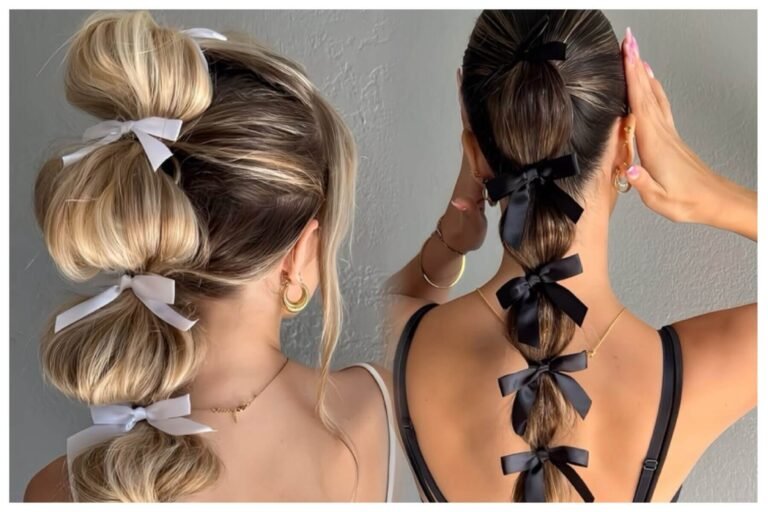
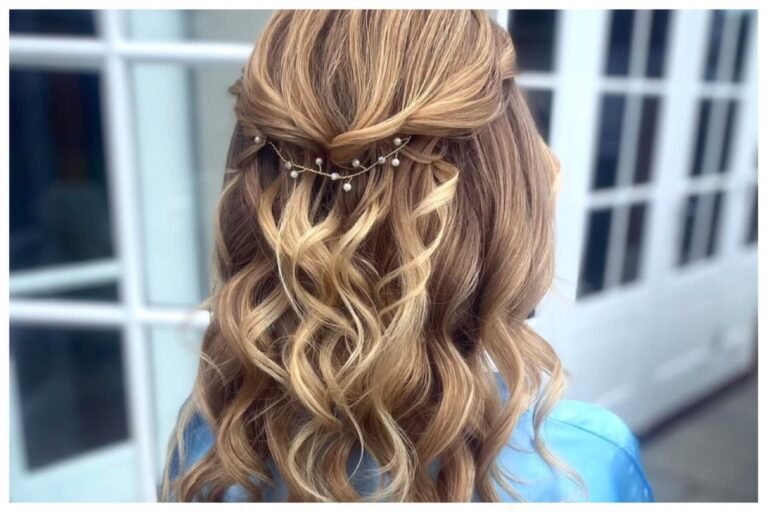
One Comment